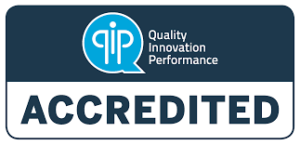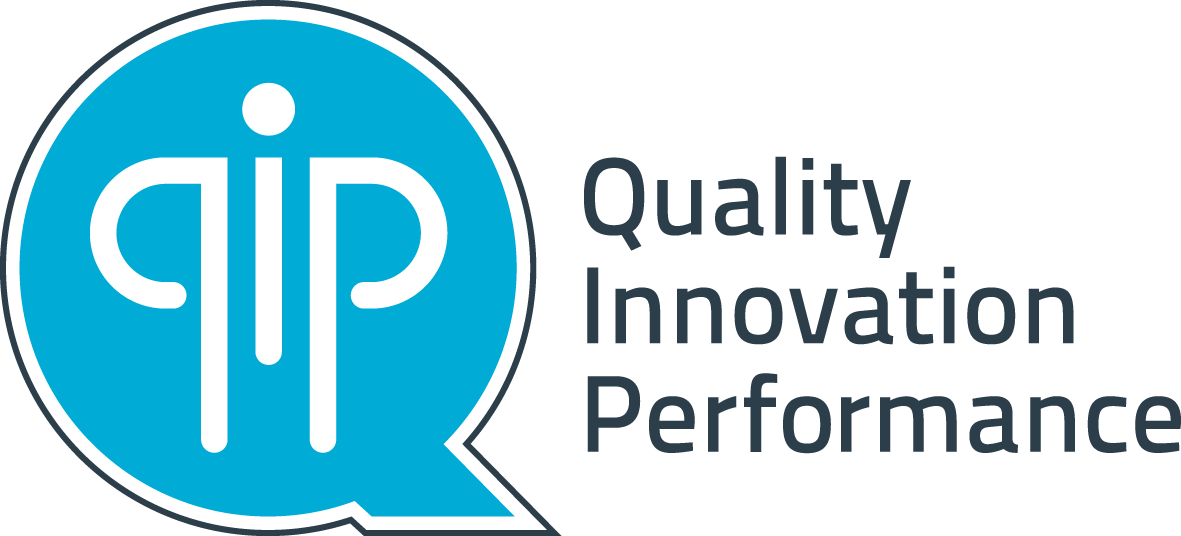QIP Safeguarding Standards for Children and Vulnerable Adults
QIP is currently finalising the QIP Standards for Safeguarding Children and Vulnerable Adults, Edition 1.
The QIP Safeguarding Standards have been piloted and feedback from the pilot has further updated the standards.
QIP is now undertaking the process of having the QIP Safeguarding Standards internationally recognised to ensure they meet best practice standards.
Further information on the accreditation program will be available closer to the launch of the QIP Safeguarding Standards.
The QIP Safeguarding Accreditation Program aims to proactively prevent sexual and other forms of abuse against children and vulnerable adults within organisational contexts.
The QIP Safeguarding Accreditation Program
The QIP Safeguarding Accreditation Program is the only safeguarding framework in Australia to provide independent, third-party evaluation of an organisation's safeguarding commitments.
The backbone of the program is QIP's seven Safeguarding Standards that completely encompass the 10 National Principles for Child Safe Organisations as recommended by the Royal Commission into Institutional Responses to Child Sexual Abuse and reference various state-based and international child-safe guidelines.
QIP Safeguarding Accreditation gives organisations a practical, externally verifiable pathway to create and sustain safe environments, and leading-practice methodologies for promptly identifying and responding to harm.
Why did QIP develop a safeguarding accreditation program?
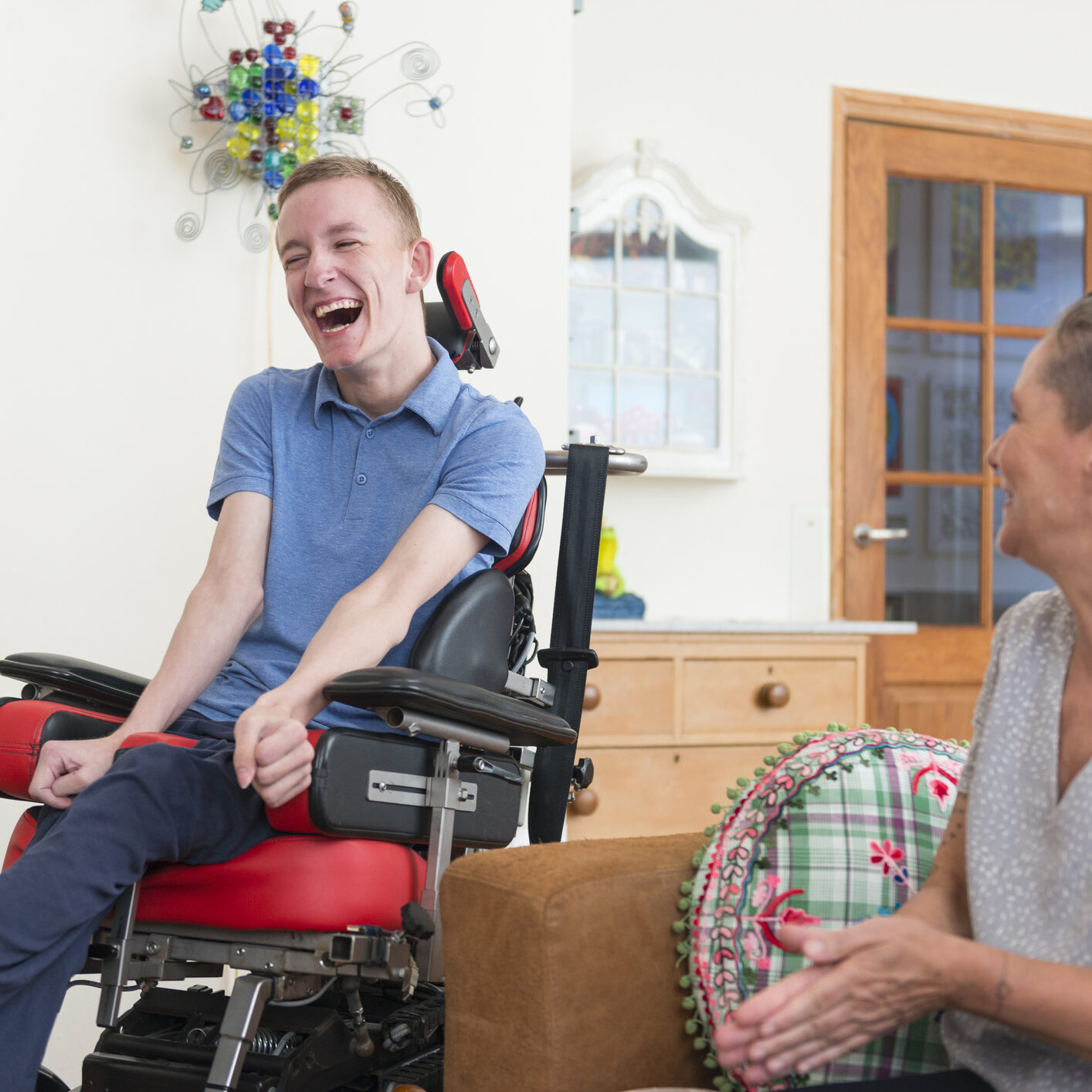
In Australia as it is around the world, safeguarding continues to be a critical issue for organisations, of all sizes and types, that provide services to children and vulnerable adults.
We know the vast majority of people who work with children and vulnerable adults do so with the very best of intentions. However, it is a mistake to believe that abuse and exploitation has ceased.
Whether it be within a community service hub, sporting club, residential care facility, school, church, or another organisation altogether, it cannot be assumed that all stakeholders and staff always act in the best interests of the children and vulnerable adults they serve. Organisations have many moving parts and failures can, unfortunately, occur in one or more of those parts, leaving the whole compromised.
The work of Australia’s ground-breaking Royal Commission into Institutional Responses to Child Sexual Abuse made known the way in which these systemic failures led many organisations to overlook child sexual abuse.
The more recent Royal Commission into Violence, Abuse, Neglect and Exploitation of People with Disability; and the Royal Commission into Aged Care Quality and Safety showed that safeguarding improvements must also focus on vulnerable adults.
This is where QIP saw the need for an independent, nationally consistent safeguarding accreditation program that includes the protection of vulnerable adults as well as children.
How were the QIP Safeguarding Standards developed?
The QIP Safeguarding Standards were created through more than two years of research and development by QIP’s Safeguarding Team under the direction of an expert advisory panel. The accreditation program embodies the expertise, values, and rigor of QIP’s 25+ years of experience as a leading not-for-profit accreditation agency.
The QIP Safeguarding Standards were mapped against and encompass the 10 National Principles for Child Safe Organisations (developed and endorsed by the Council of Australian Governments in February 2019). The Principles aim to give effect to all of the Royal Commission’s recommendations related to child safe standards and set out the Commonwealth Government's safeguarding expectations for Australian organisations working with children.
To ensure consistency with other key safeguarding frameworks, in developing the QIP Safeguarding Standards, we also referenced:
- The Victorian Child Safe Standards
- The New South Wales Child Safe Standards
- The National Catholic Safeguarding Standards
- The ISQua Guidelines and Principles for the Development of Health and Social Care Standards, 5th edition, 2018
- The Catholic Church in Aotearoa New Zealand – National Safeguarding Guidelines, and
- The Safeguarding Children Policy and Standards for the Catholic Church in Ireland.
The QIP Safeguarding Standards
Standard 1 – Governance
Standard 2 – Safety and Quality Systems
Standard 3 – Equity and Cultural Awareness
Standard 4 – Service Provisions
Standard 5 – Responding to Safety Concerns
Turning the 10 National Principles for Child Safe Organisations and other state and international guidelines into a single consistent set of independently measurable and reportable standards – that are suitable for all sizes and types of organisations – will be an effective way to prevent sexual and other forms of abuse of children and vulnerable adults.
What sort of organisations should do the QIP Safeguarding Accreditation Program?
Our safeguarding standards have broad applicability. Any organisation or institution that provides services to children and/or vulnerable adults in any location across Australia can undertake the QIP Safeguarding Accreditation Program.
The standards are scalable – the QIP Safeguarding Standards allow for proportionality and diversity. They can be scaled for different sized and different types of organisations without diluting their intent, integrity, or the accreditation outcome.
- Religious institutions
- Sport and recreation clubs
- Social services providers (Indigenous and Torres Strait Islander support services, homeless care, outreach services)
- Out of home and foster care services
- Disability service providers
- Childcare providers
- Aged-care providers
- Corrective services
- Healthcare facilities
- Allied healthcare facilities
- Performance art schools and academies (circus, dance, theatre, etc)
- Public and private educational institutions (primary, secondary, tertiary)
- Tuition and coaching services (academic, drama, music, sport, etc)
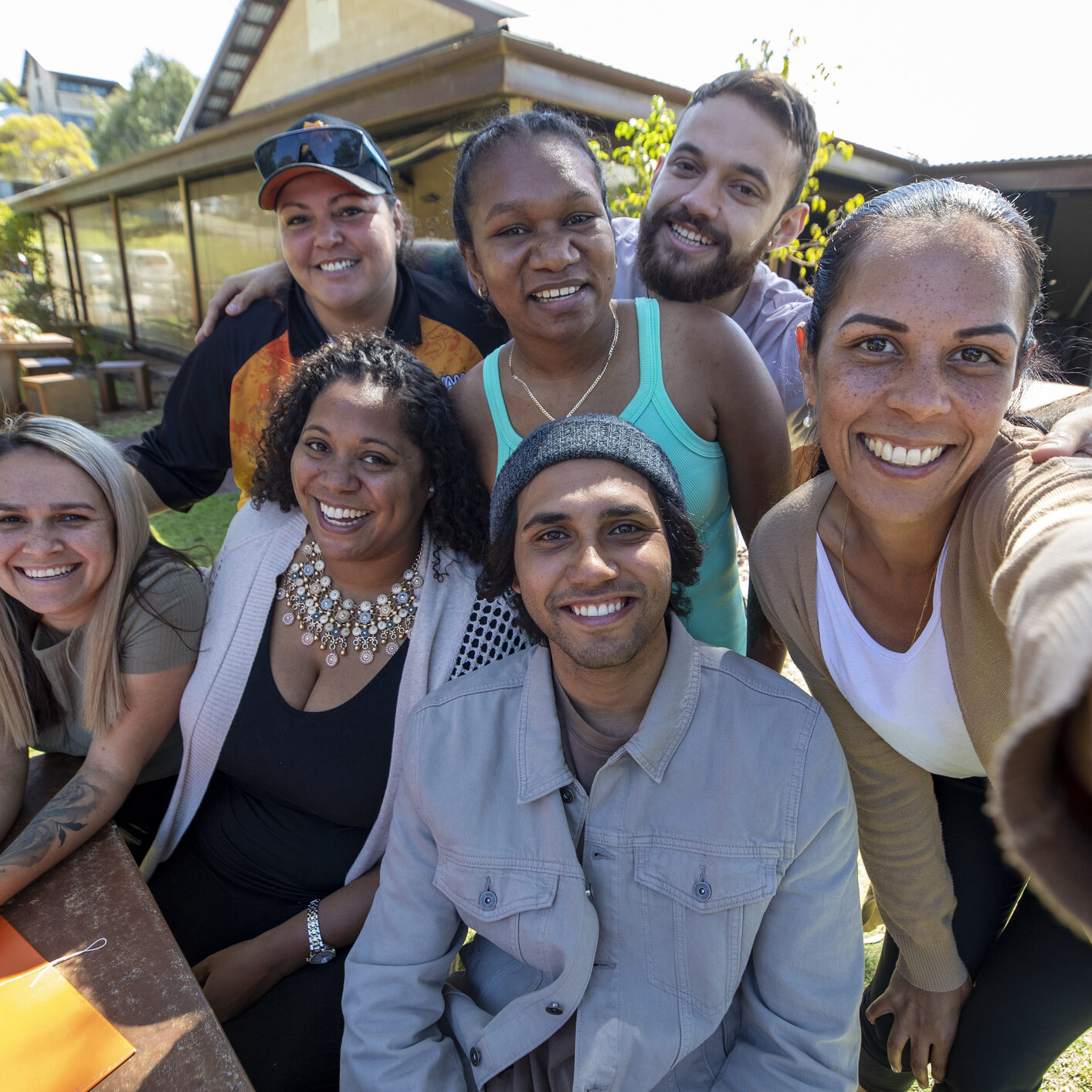
We based the QIP Safeguarding Standards on the QIP-owned and operated QIC Health and Community Services Standards (the QIC Standards). The QIC Standards are now in their seventh edition and continue to play a key quality improvement role for hundreds of our health and human service client organisations across Australia. For QIP QIC-accredited clients, applicable QIC Standards met indicators will be recognised and transferred to the QIP Safeguarding Standards assessment.
What will QIP Safeguarding Accreditation mean for organisations?
QIP Safeguarding Accreditation will signal transparency and accountability to organisations' and institutions' service users, their families and carers; stakeholders, and the wider community.
They can rest assured that the protection of the children and vulnerable adults in your care is considered a critical operational issue. Accreditation will ensure that safeguarding is systematically managed across all levels of your organisation – through high-quality governance, leadership and culture, and underpinned by leading practice safeguarding systems and processes. QIP Safeguarding Accreditation will validate the quality and qualifications of your staff and volunteers, and guide behaviour from the board to frontline workers.
QIP Safeguarding Accreditation will be third-party independently assessed assurance of the strength and validity of your safeguarding commitments, and that you are being held accountable to them.
Why work with QIP for your safeguarding accreditation?
QIP is an 'accredited accreditor'.
To maintain our 'accredited' status, we must prove our capability and demonstrate continual improvement via rigorous self-assessment + external company-wide evaluation every three years with the International Society for Quality in Healthcare (ISQua).
This assessment process ensures our accreditation services – including customer support, information systems, evaluation methodologies – are operated to internationally leading-practice levels of quality, care, transparency and accountability.
QIP is represented on ISQua’s Accreditation Federation Council to proactively help drive innovation in accreditation services within Australia and internationally.
Contact us to find out more or register interest in the QIP Safeguarding Standards
The QIP Safeguarding Accreditation process
- Register your interest online or by phone 1300 888 329 (you can register at any time prior to the program becoming operational in the second half of 2022)
- Self-assessment is completed internally, online via AccreditationPro to review the organisation against the Standards.
- Application for accreditation is completed by submitting the online self-assessment.
- Assessment is undertaken by an experienced QIP Assessor Team that conducts an on-site assessment. This process includes reviewing relevant documents and records, interviewing staff and observing the service environment. This is followed by submission of an assessment report to QIP.
- Decision by an independent QIP Accreditation Decision Maker. For organisations that meet the Standards, accreditation will be awarded for a three-year period.
- Monitoring supports the maintenance of your organisation’s compliance with the Standards throughout the accreditation period. During this stage, a mid-cycle review is conducted.
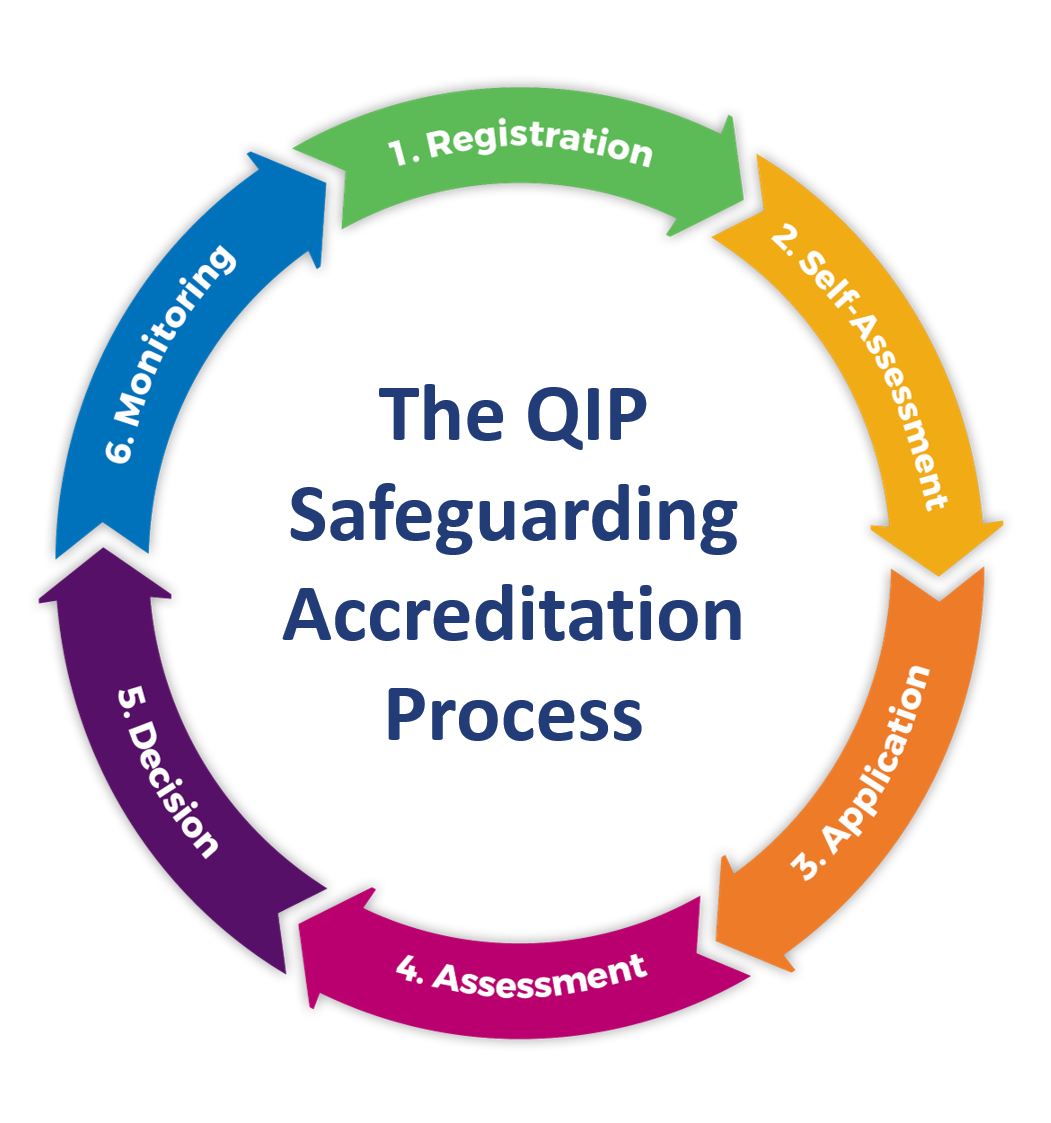
How QIP supports organisations
Tailored support
QIP has trained QIP Client Liaison Teams on hand to answer any questions clients may have about their accreditation, certification or verification. With expert knowledge of each of the standards or frameworks, evidence requirements and the self-assessment process, QIP’s Client Liaison Teams provide clients with on-going advice throughout their cycle.
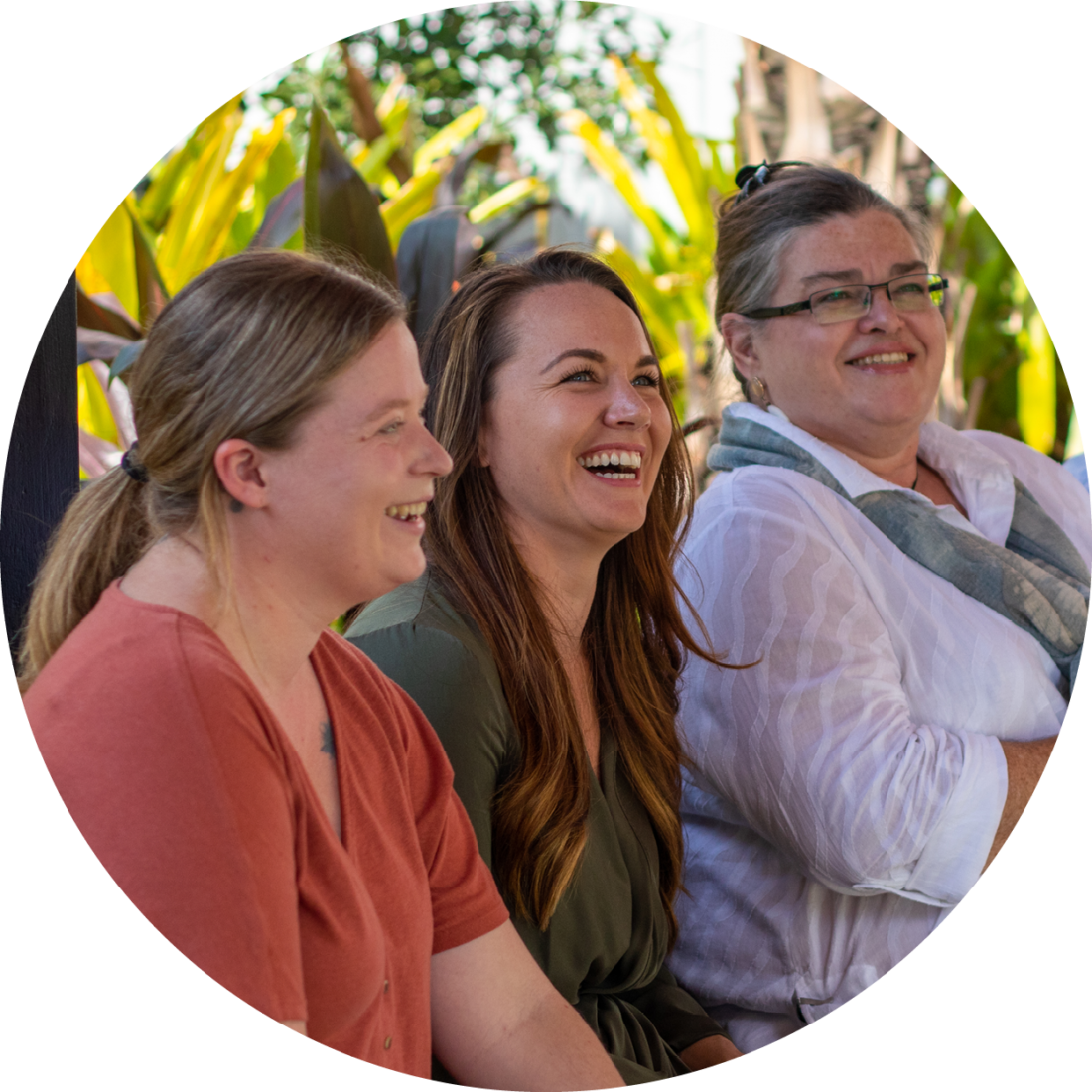
QIP’s accreditation hub
The QIP accreditation hub is an online platform tailored to each client’s individual accreditation timelines and framework requirements. It includes a personalised action plan, a resource library and a number of other features to support clients throughout their accreditation journey.
Access to AccreditationPro
QIP’s online self-assessment software, known as AccreditationPro, streamlines accreditation preparation by helping clients determine their organisation’s compliance with an applicable set of Standards.

Access to online resources and education
QIP’s online Education and Resource Library, provides clients with access to a range of practical, informative and customisable resources to support organisations in complying with the relevant industry Standards.
Regular news and e-newsletters
Stay up-to-date with industry and organisational news, helpful tips and your standards information with QIP communications including periodical e-newsletters advising of any changes to processes, systems, standards or evidence requirements are released.
Highly trained assessment teams
QIP’s Assessors are highly trained and qualified peer assessors who work across the Australian health, community and human services sectors. Our team will share their knowledge and support organisations through the accreditation assessment.
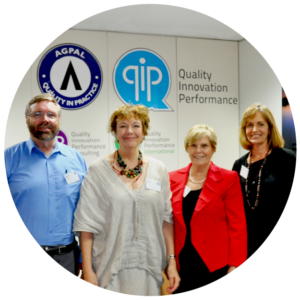
Celebrating the achievement of accreditation
Achieving QIP accreditation takes dedication, team work and a commitment to continuous quality improvement. When organisations achieve their accredited, certificated or verified status, they are provided with their own 'Promotional Toolkit' filled with a number of materials to celebrate and promote this achievement.
The QIP Accredited Symbol is one way consumers and local community can be reassured that an organisation has been recognised for their commitment to delivering a safe and quality-focused service.
